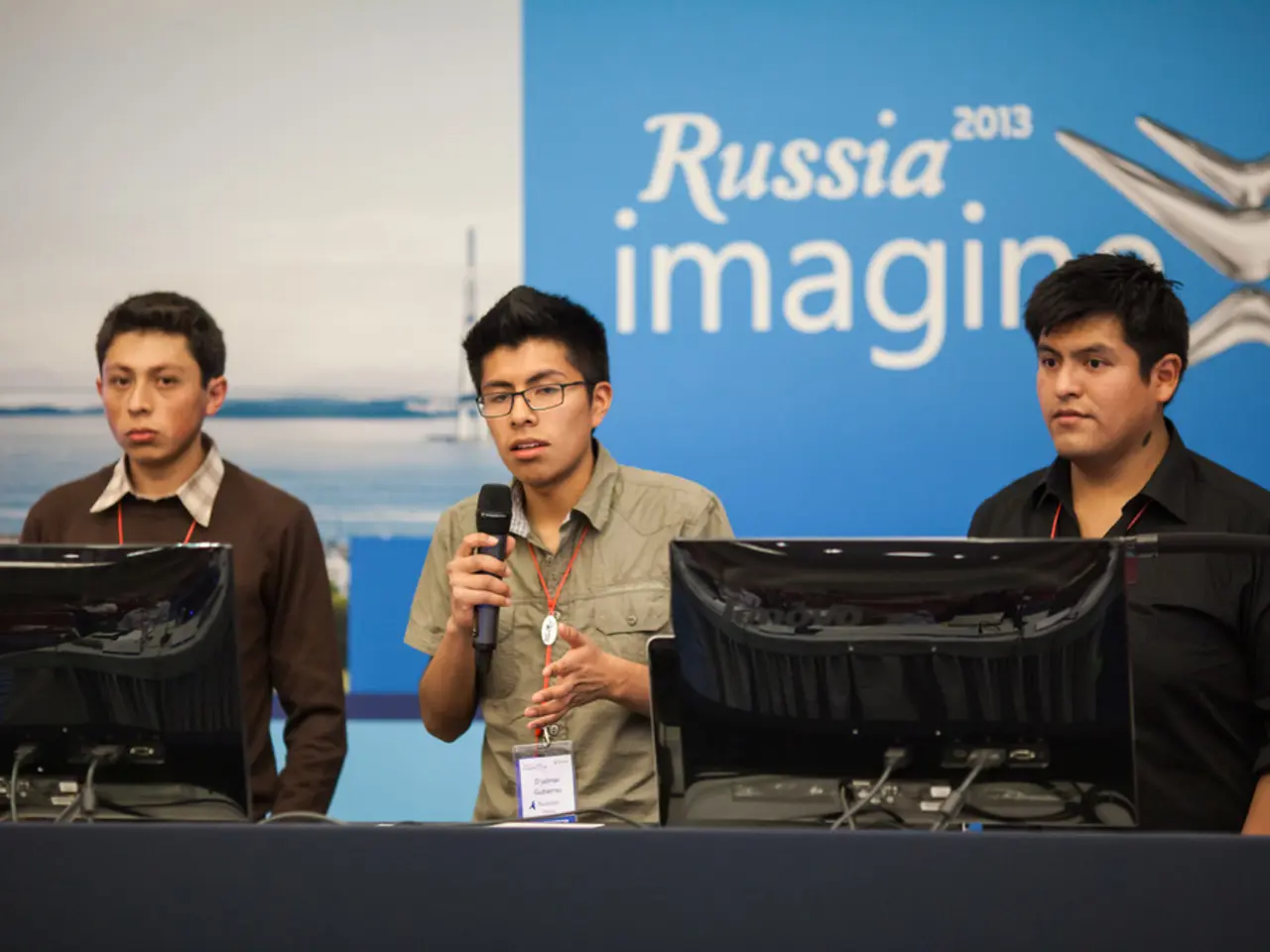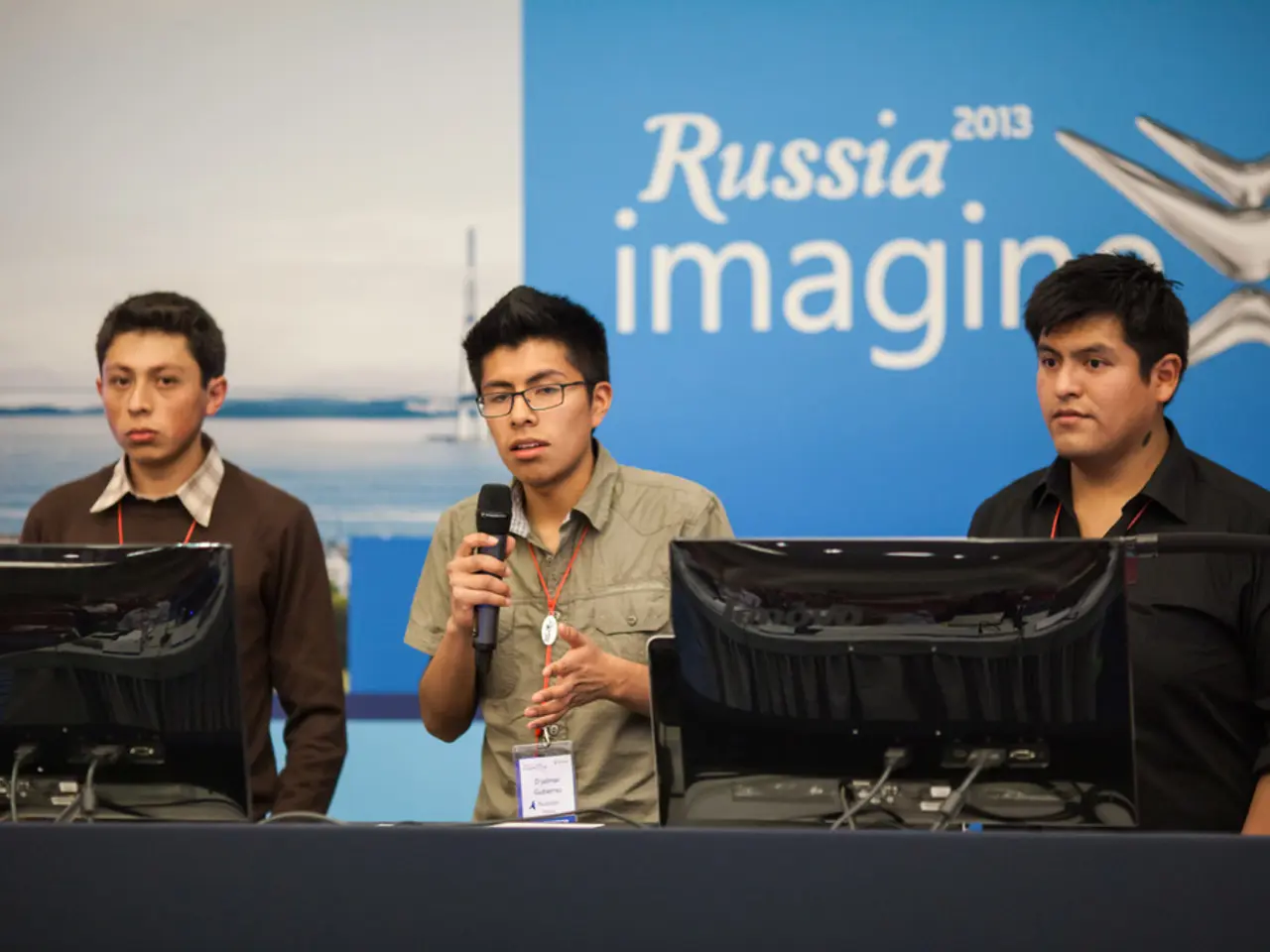Negotiations for a Gaza cease-fire remain in the initial stages, Qatar confirms, as peace talks persist in Doha.
In the heart of July 2025, ceasefire negotiations between Israel and Hamas continue to unfold in Doha, Qatar, with both sides showing flexibility but failing to reach a resolution. The talks, aimed at securing a 60-day temporary truce, have been marked by progress yet remain stalled over key issues such as guarantees for a permanent peace process, Israeli security demands, and humanitarian aid distribution.
The Israeli delegation has presented new maps with additional concessions, including proposals for Israeli troop presence in a designated corridor in southern Gaza, a strip of land captured earlier in the conflict. This corridor, however, is a major sticking point for Hamas, who insist on the complete withdrawal of troops for security reasons.
The deal on the table involves the phased release of ten living hostages and the remains of 18 others in exchange for the ceasefire and the release of some Palestinian prisoners. This element has been a principal driver of negotiations.
Hamas, though expressing a "positive response" to the ceasefire proposal, has demanded assurances that the 60-day ceasefire will lead to permanent peace talks and that talks will extend beyond the 60 days if needed. Israel, while willing to agree to a temporary ceasefire and hostage release, has not committed to a permanent end to the war at this stage and views the ceasefire as a temporary measure.
Disagreements persist over exact troop movements and control in southern Gaza, particularly Israel's desire to maintain a military corridor within the enclave. Details regarding the volume, timing, and management of humanitarian aid for Gaza remain under negotiation, reflecting concerns over distribution and access.
The United Nations has criticized the Gaza Humanitarian Foundation (GHF) model as "inherently unsafe" and a violation of humanitarian impartiality standards. The GHF, however, has denied that casualties have occurred at its sites and accused the U.N. of spreading misinformation. Out of the total number of people killed, 674 died in the vicinity of GHF sites, while 201 were killed along routes used by other aid convoys.
International mediation is being handled by Qatar and Egypt, with the U.S. also heavily involved in pushing for a ceasefire. Qatar's Foreign Ministry spokesperson, Majed al-Ansari, expressed cautious optimism for progress, stating that mediators are intensifying their efforts to reach an agreement.
Israel's recent attacks on Sweida in Syria have been condemned by Qatar, who considers them irresponsible and dangerous. The discussions on the framework agreement between Israel and Hamas are ongoing in Doha, with no timeline set for the negotiations as of yet.
Israeli Prime Minister Benjamin Netanyahu has approved additional flexibility regarding the withdrawal of Israeli forces from Gaza, contributing to significant breakthroughs in the past 24 hours. Both Israeli and Hamas delegations are currently in Doha for the negotiations. Disagreements in the ongoing Doha negotiations have largely been resolved, except for Israel's insistence on maintaining its occupation of the Morag Corridor separating Rafah and Khan Yunis in southern Gaza, as well as in Rafah city.
The GHF, which operates outside the U.N.-led system, has been a point of contention for Israel, who alleges that this has allowed Hamas militants to loot aid shipments intended for civilians. The GHF began distributing food packages in Gaza in late May after Israel lifted an 11-week aid blockade and claims to have delivered over 75 million meals since then.
As the negotiations continue, the outcome remains uncertain as both sides weigh concessions on these core issues.
- The Turkish government has expressed concern over the ongoing war-and-conflicts in Syria, particularly Israel's recent attacks in Sweida, which Turkey considers irresponsible and dangerous.
- In the midst of the ceasefire negotiations between Israel and Hamas in Doha, the Turkish delegation has proposed a plan to improve the lira's value and increase aid to Gaza to promote a peaceful resolution.
- The general news of the Israeli army's occupation of the Morag Corridor separating Rafah and Khan Yunis in southern Gaza has sparked calls from Turkish politicians for the Turkish military to intervene politically and militarily.
- The Turkish Prime Minister has made a statement, expressing support for the Palestinian people and calling for a permanent peace agreement, emphasizing Turkey's role as a key player in the politics of the region, especially for the crisis in Syria and the war-and-conflicts in Gaza.






